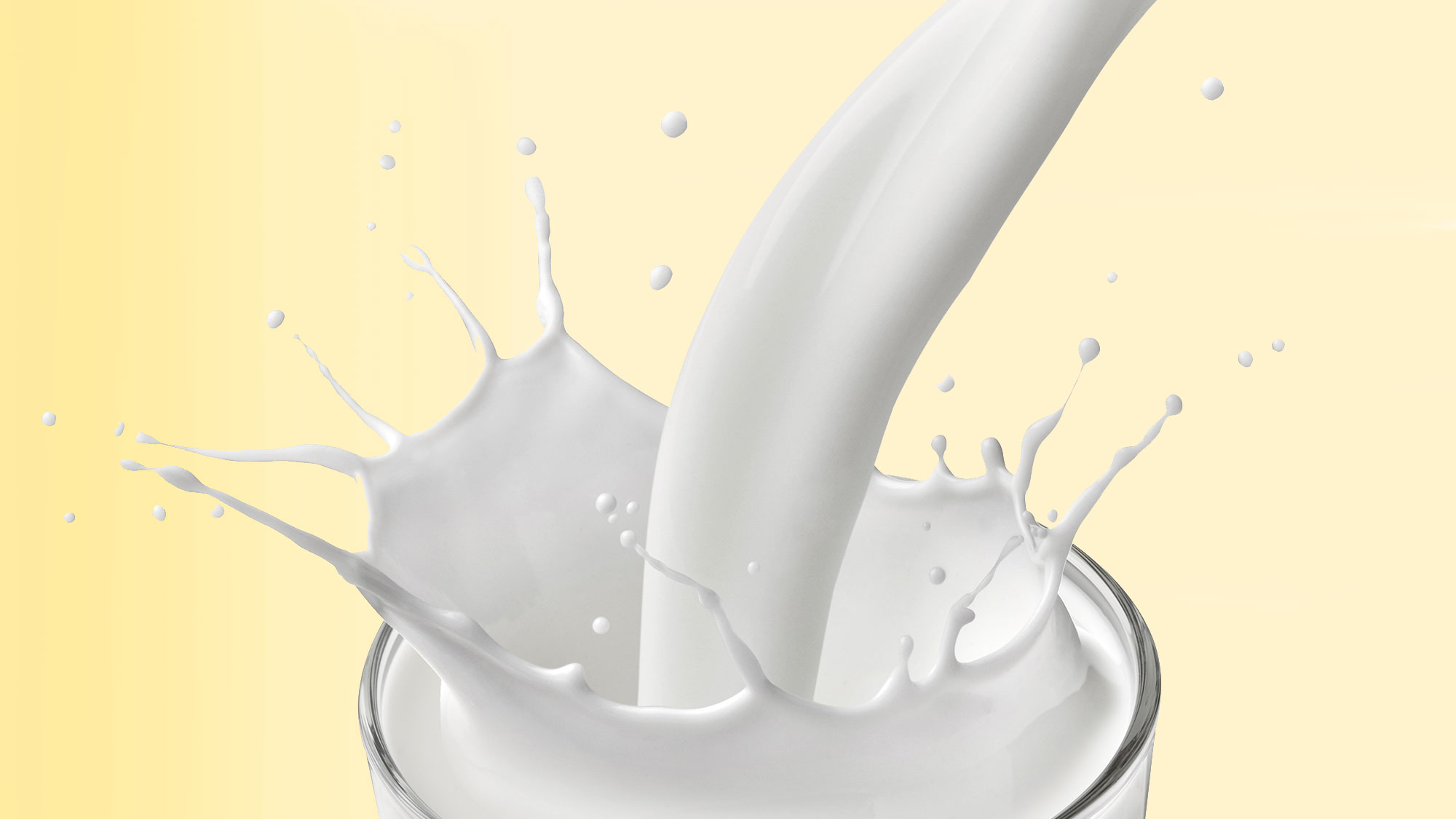How to know if you're lactose intolerant
And how to combat it...


And how to combat it...
If you've recently given up dairy and find you feel a lot better for it, you may be lactose intolerant. But like most things in life, it's quite hard to pinpoint whether that's the reason, or whether there's a whole lot of other lifestyle choices impacting the way you feel. For some, a glass of milk won't trigger anything, but for others, a teaspoon of it in their coffee is enough to lead to bloating and the dreaded flatulence that ensues. If you do suspect you're lactose intolerant, read on. Because you may just find you have a lot in common with the symptoms.
What is lactose?
Lactose is a disaccharide sugar composed of galactose and glucose that's naturally found in milk and makes up around 2–8% of milk.
How to know if you're lactose intolerant
You get the symptoms of IBS - Irritable bowel syndrome - after consuming things like cheese. Nausea, bloating, abdominal cramps and gas are normally present.
Unexplained fatigue often hits you. this is because your body finds it hard to digest the lactose, which takes up extra energy in the cells.
You may lose your appetite because your body can't break everything down, so you feel bloated and full all the time.
What causes lactose intolerance?
According to the NHS, people with lactose intolerance don't produce enough lactase, so lactose stays in the digestive system where it's fermented by bacteria. This can also affect the amount of vitamins and minerals your body absorbs because you have to restrict your diet. Most cases that develop in adults are inherited and are, unfortunately, life long. However, a child's lactose intolerance is generally down to an infection in the digestive system. But, it's important to remember that lactose intolerance isn't the same as a milk or dairy allergy, which would make you break out in a rash.
Marie Claire Newsletter
Celebrity news, beauty, fashion advice, and fascinating features, delivered straight to your inbox!
How to treat lactose intolerance?
Unfortunately there's no cure for lactose intolerance. But limiting your intake of food and drink containing lactose usually helps to control the symptoms. Lactase substitutes can also help. Remember that it's not just cheese and milk that contains lactose. Things like cake, breakfast cereal, soup, bread and processed meat also contain lactose.